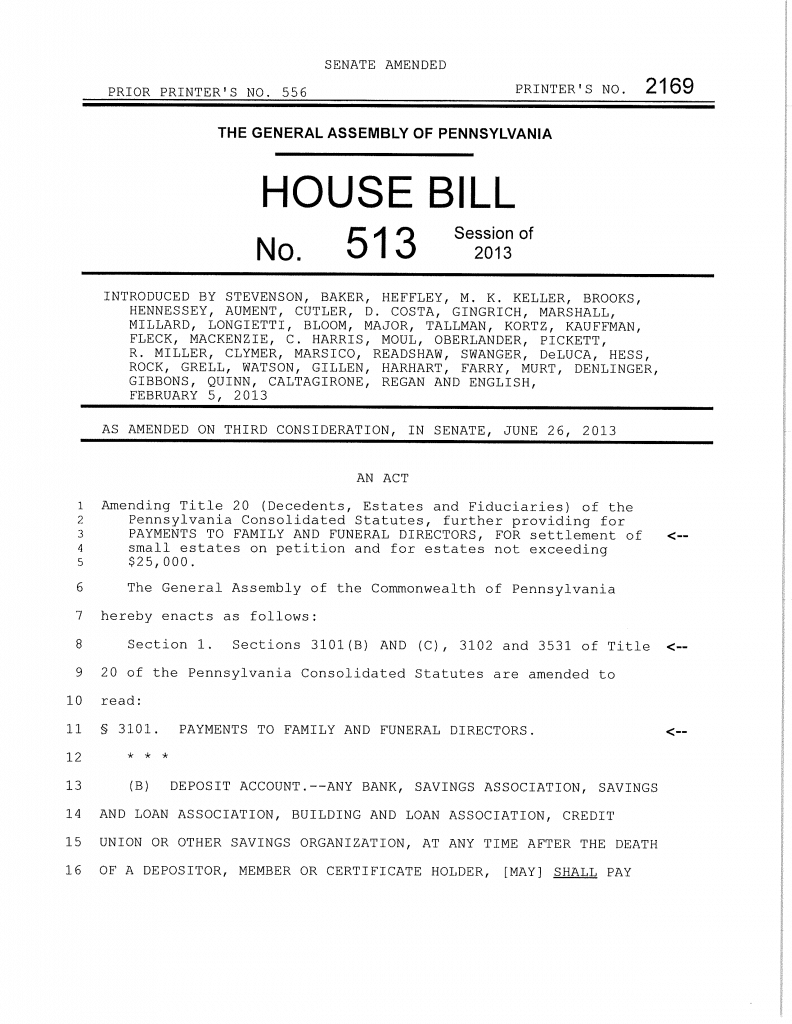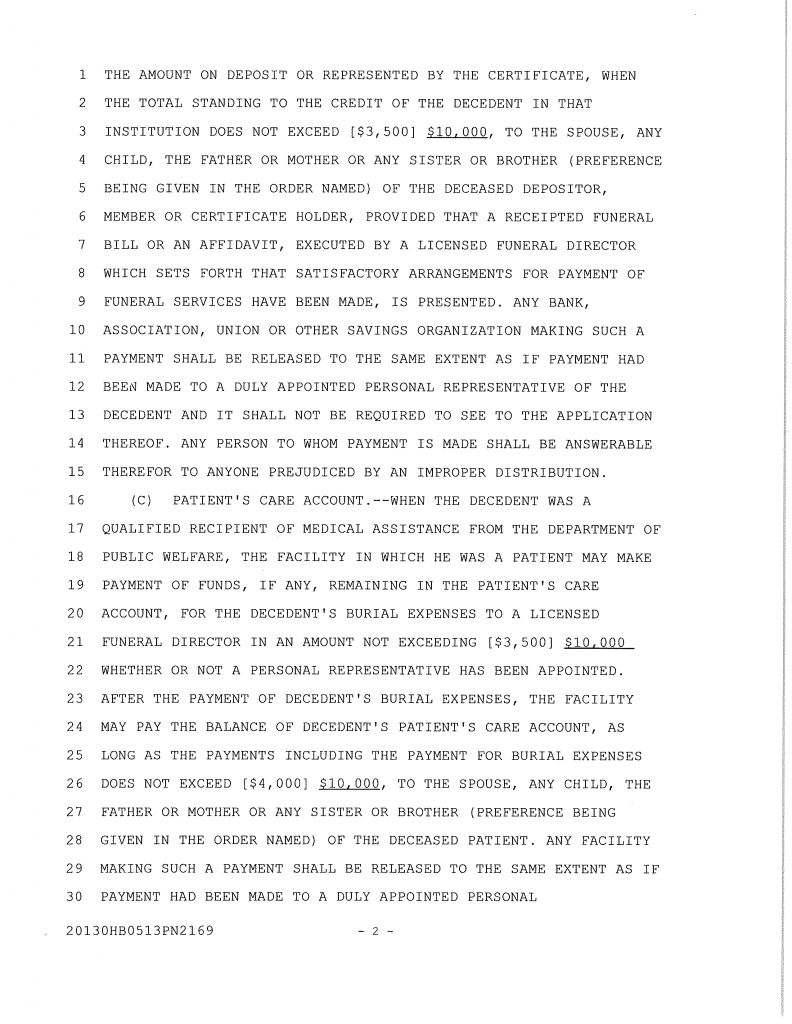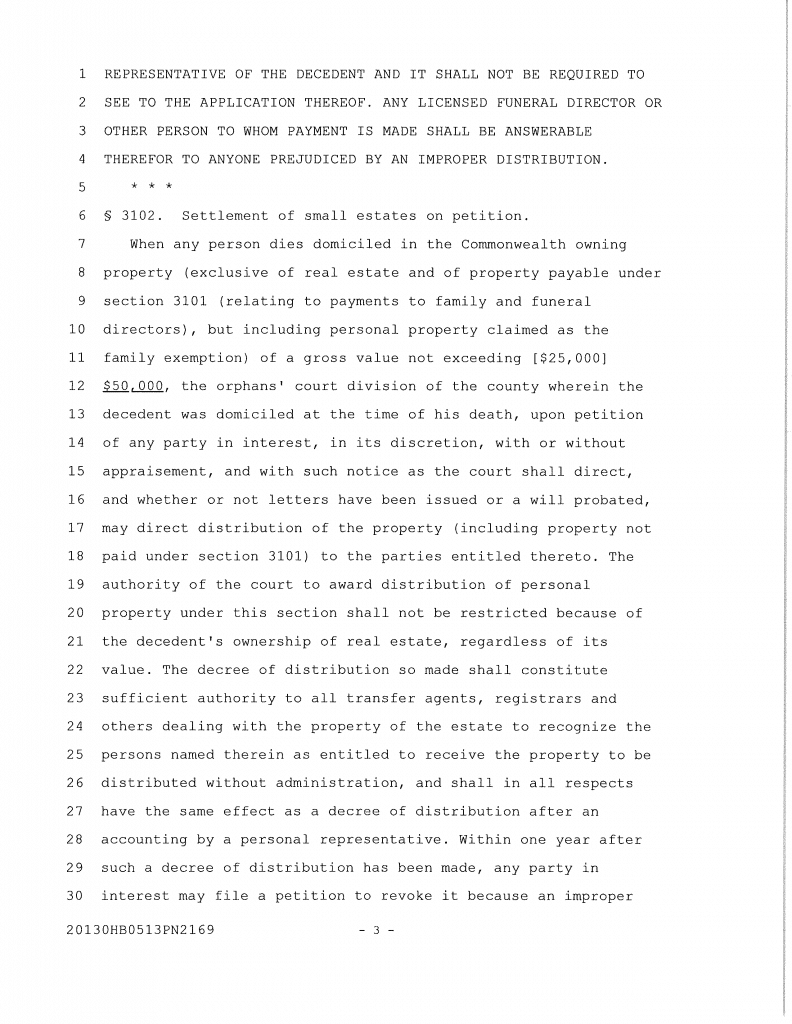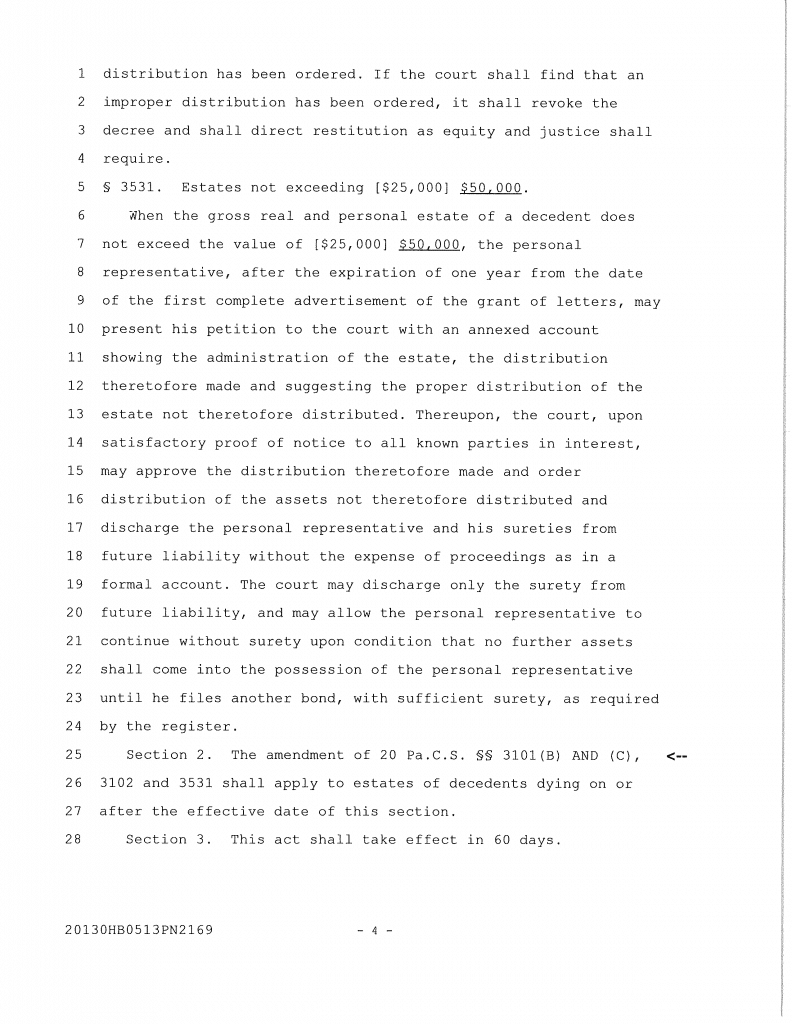Register & Recorder – General Information – FAQ’s
General Information –
Frequently Asked Questions
Register & Recorder
Please note: This information is being issued to inform and not advise. These are general statements and individual situations may involve other laws, not referred to here.
Is there a notary available in your office?
No, there is not a notary available in the Recorder of Deeds and Register of Wills office.
Can I obtain a birth/death certificate from you?
No, please contact the Department of Health. Applications are available online with the Department of Health, or by calling toll-free 844-228-3516. And you can also find the links on our “Resources & Forms” page.
Can I obtain a marriage certificate or marriage license from you?
No, please contact the Prothonotary/Clerk of Courts/Orphans Court office in regards to marriage certificates and marriage licenses at 570-996-2232.
Are First and Final Accounts filed in your office?
No, First and Final Accounts are filed in the Prothonotary/Clerk of Courts/Orphans Court office for Wyoming County.
What methods of payments do you accept in your office?
Cash or check only.
How do I find recording requirements and filing fees for Wyoming County, PA?
Please see our “Fee Schedules & Recording Requirements” page for our recording requirements and filing fees.
How do I pay for my online copies?
A credit card is the only form of payment for your online copies.
Can you complete a title search for me?
No. Office employees are not permitted to search titles. We can show you how to use the computers but cannot do any searches for you. Please consult a title searcher, abstracting company, or an attorney.
Are your records available to the public for the Recorder of Deeds?
Yes, except for military discharge records or DD-214.
Are your records available to the public for the Register of Wills?
Yes, except for death certificates, Federal tax returns and Federal tax appraisements .
Can you figure out my family genealogy?
No. Access to various land records are available, but employees cannot determine genealogy or trace back properties. Please consult the Wyoming County Historical Society for documents other than land records in regards to genealogical research.
Can I use my cell phone or camera to take photos of documents in the Register of Wills & Recorder of Deeds Office?
No. The use of a camera, cell phone or any image-capturing equipment to take pictures or scan the contents of any books or computer screens in the Register of Wills & Recorder of Deeds office is prohibited.
Do I have to search through books and files or use a computer to find documents?
All of our documents are available to the public on our courthouse terminals (excluding military discharge records or DD-214, Death Certificates, Federal tax returns and Federal tax appraisements). If the page is illegible on the computer, microfilm and books are available.
What is the cost to use your computer terminals?
Free to use a computer. A fee of $0.25 per page to print documents in our office. Index pages are $0.50, and cost for maps will vary based on the size requested.
How do I obtain copies of the records found in the indexes for the Register of Wills?
Only the index, of decedents include those that begin at the inception of our county in 1842 to 1999, is available online. You can view or obtain copies of these public documents from our courthouse computers only.
Effective January 23, 2025 images for estate records have been made available online from 2000 to present.
You may also mail in a request for specific copies. In the request, please indicate the decedents name, the records you would like to obtain, the appropriate fee, your phone number, and an email address or a self-addressed stamped envelope of sufficient size and postage for the return of the copies.
Can I receive information over the phone for the Register of Wills and Recorder of Deeds?
Limited information is available via the phone due to staffing and time constraints. If additional information is needed please come into the office or you may mail in a request with the appropriate fee.




